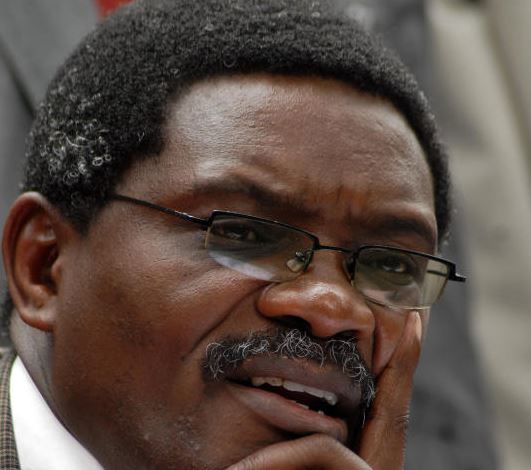×
The Standard e-Paper
Smart Minds Choose Us

The transition turmoil engulfing the National Council of Churches of Kenya (NCCK) has taken a new twist with General Secretary Rev Canon Peter Karanja acceding to rebelling churches’ demands but with a catch to it.
In a double-edged move, Karanja has agreed to convene an extra-ordinary meeting in Limuru on Thursday but also proposed far-reaching amendments to NCCK by-laws which must be thrashed out on the same day.